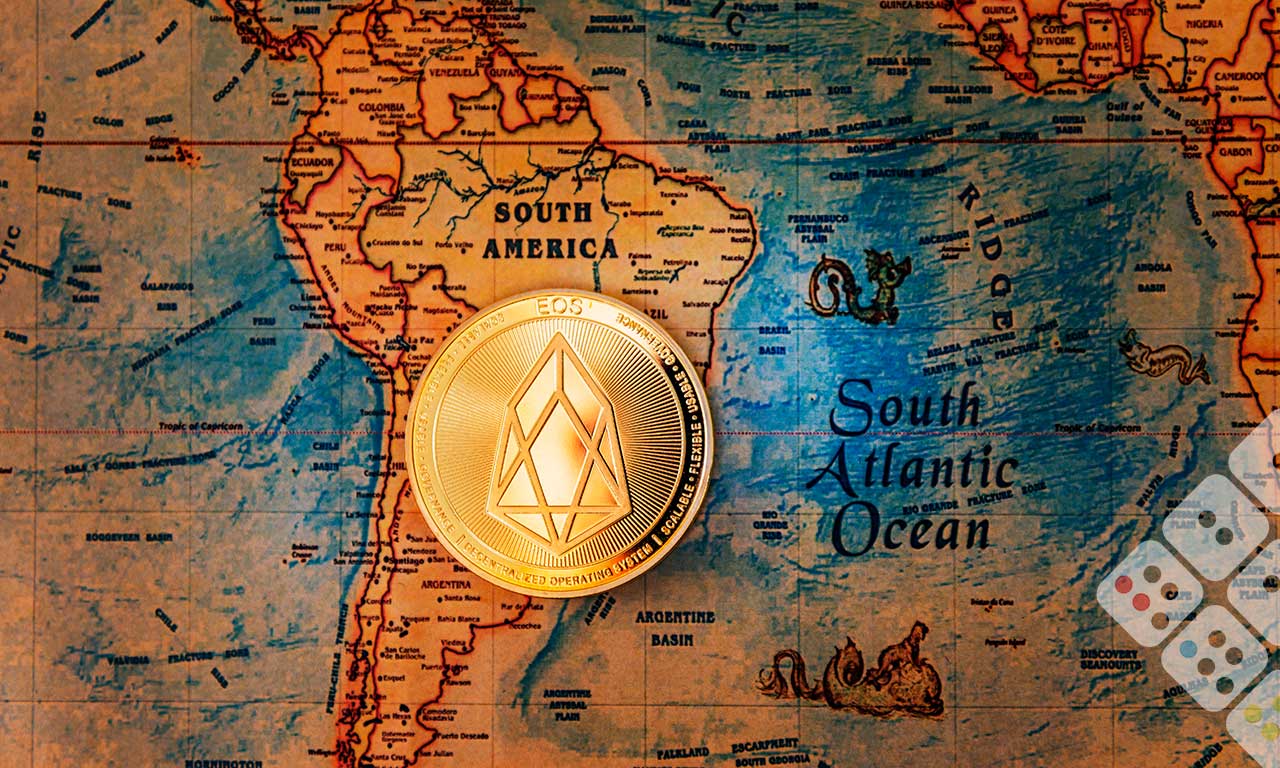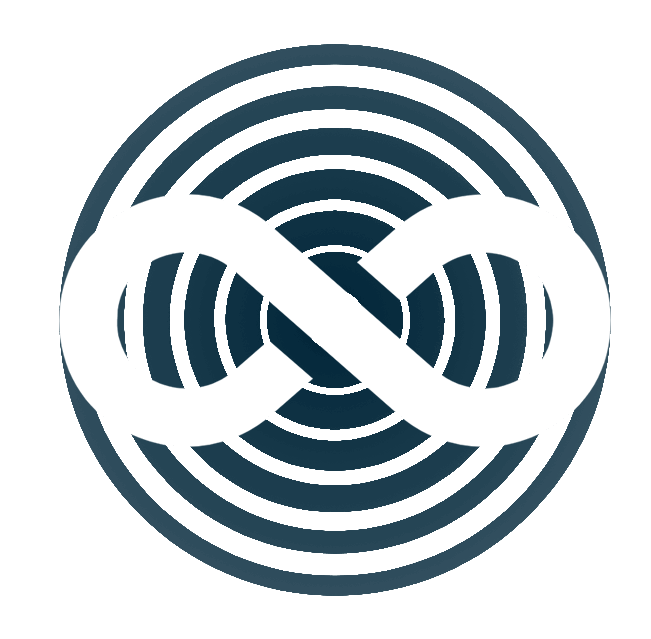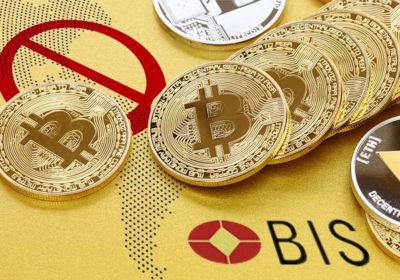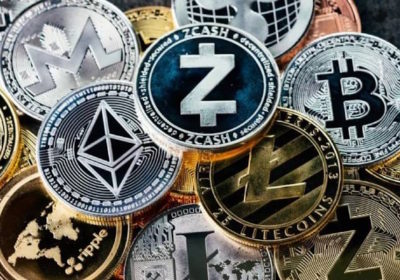Latin America is rapidly emerging as a global leader in blockchain innovation, driven by grassroots solutions to deep-rooted economic and social challenges. From remittance optimization and financial inclusion to animal welfare and digital sovereignty, the region is embracing Web3 technologies with increasing sophistication

Latin America continues to solidify its position as a leading frontier in the global digital assets ecosystem, especially within the decentralized finance (DeFi) and blockchain innovation space. As the region grapples with longstanding socioeconomic challenges, blockchain technology is increasingly being leveraged not just as a speculative vehicle, but as a practical tool for addressing structural inefficiencies in remittances, financial inclusion, asset verification, and digital identity. Countries such as Brazil, Argentina, and Mexico are now emerging as regional powerhouses in Web3 development, driven by a combination of user necessity, grassroots innovation, and rapidly expanding digital infrastructure. However, despite these promising trends, the regulatory and educational landscape remains uneven, highlighting the critical need for harmonized policies and widespread digital literacy programs to foster sustainable adoption.
A recent industry report, Blockchain in Latin America 2025, published by Sherlock Communications, outlines in detail how blockchain deployment in Latin America has evolved beyond early-stage experimentation. In markets like Mexico, remittances—which reached over $63 billion in 2023—are increasingly processed via blockchain platforms. Companies such as Bitso and Félix Pago are spearheading this transformation by using smart contracts and layer-2 solutions to drastically reduce transaction fees, increase settlement speed, and improve transparency. Their models bypass traditional correspondent banking channels, leveraging stablecoins and multi-chain routing to facilitate low-cost, near-instantaneous cross-border transfers for millions of unbanked or underbanked users. This trend is particularly significant given that over 70% of Latin Americans still operate outside the formal banking system.
Blockchain is also finding traction in areas beyond payments. In Brazil and Colombia, for instance, Ethereum-based protocols are being piloted for use in electoral audits, where zero-knowledge proofs and tamper-resistant ledgers are helping to restore trust in electoral outcomes. Real estate tokenization is another rising use case, as it enables fractional ownership, increases market liquidity, and allows for programmable compliance via smart contracts. This has enormous potential in markets where property documentation is often incomplete or unreliable. Meanwhile, projects in Argentina are utilizing blockchain for supply chain traceability in agriculture, using permissioned ledgers to document the entire lifecycle of food products from farm to table—enhancing transparency and certification.
In terms of on-chain activity, Ethereum continues to dominate the regional landscape, accounting for over 75% of transaction volume, according to the report. Polygon follows with approximately 20%, largely due to its lower gas fees and compatibility with Ethereum’s virtual machine (EVM). These networks are being favored not only by developers building DeFi applications but also by NGOs and social enterprises deploying blockchain for public interest use cases. Notably, Argentina has seen a surge in stablecoin adoption—particularly USDT and USDC—as a hedge against chronic inflation, which topped 200% in 2024. At the same time, Brazil leads the continent in absolute crypto adoption, with over 25 million registered users across centralized and decentralized platforms, driven in part by favorable fintech regulations and robust mobile internet penetration.
Among the most innovative applications of blockchain in the region is the FIRU token, an initiative launched in Peru under the project name Firulaix, which uses Web3 to promote animal welfare on a global scale. On August 16, the project reached a key milestone by listing FIRU—its native ERC-20 utility token—on Coinstore, a globally accessible cryptocurrency exchange. FIRU functions as the cornerstone of a blockchain-based animal identification and tracking system, integrating microchip data encoded to ISO standards with decentralized storage on the InterPlanetary File System (IPFS) and unique smart contract identifiers that comply with the ERC-721 non-fungible token (NFT) standard. This dual-token architecture enables both fungible (FIRU) and non-fungible (ID-based) representations of registered animals, allowing for granular data management and interoperability with veterinary and government systems.
Currently, the FIRU platform has over 12,000 registered animal profiles and operates in partnership with more than 100 veterinary clinics across Latin America, the United States, and Spain. These digital profiles are immutable and include metadata such as vaccination records, ownership transfers, and clinical histories—all of which are cryptographically secured and verifiable. The system supports seamless integration with national pet registration frameworks and is designed to facilitate frictionless cross-border ownership transfers, a use case increasingly relevant in contexts of migration and animal rescue. FIRU also extends its infrastructure to support digital identity for veterinarians, making it possible to authenticate practitioners and their services on-chain. With its listing on Coinstore, NGOs, animal shelters, and individual donors will now be able to use FIRU for direct donations and payments, further embedding the token in a growing circular economy focused on ethical animal care. The project’s roadmap includes the development of its own Layer-1 blockchain—a planned fork of Celo—with the goal of offering mobile-first, low-energy infrastructure optimized for global animal management solutions.
Parallel to these developments, El Salvador—a country that made headlines in 2021 by recognizing Bitcoin as legal tender—continues to deepen its experiment with monetary decentralization through the promotion of self-custody solutions. Self-custody refers to the practice of individuals storing their private cryptographic keys independently, rather than entrusting them to centralized exchanges or custodians. This approach aligns with Bitcoin’s original ethos of financial sovereignty, especially in a region where access to banking services is limited and institutional trust remains fragile. The closure of the government’s custodial wallet, Chivo, marked a pivotal turning point, prompting many Salvadorans to explore alternatives rooted in personal autonomy.
In this context, The Bitcoin Hardware Store, founded in 2024 by Ronny Avendaño and Jamie Robinson in Playa El Zonte—the so-called “Bitcoin Beach”—has emerged as a vital node in the local crypto infrastructure. The store provides a wide array of open-source hardware wallets, such as Blockstream Jade, SeedSigner, and Coldcard, while also serving as an educational hub that hosts regular workshops and training sessions. These programs cover critical topics such as the importance of seed phrases, the operational security of signing devices, and the configuration of full Bitcoin nodes to validate transactions independently of third parties. Approximately 30% of the store’s current customer base is composed of local residents, a significant shift from its initial reliance on foreign crypto tourists.
Avendaño and his team envision scaling this model across the country within five years, with the support of local communities and a strong emphasis on bilingual (Spanish and English) education. Their strategy underscores a broader trend in Latin America, where the lines between technological innovation, financial inclusion, and grassroots empowerment are increasingly blurred. In a world where central bank policies, currency devaluations, and systemic barriers have long shaped economic opportunity, decentralized technologies like Bitcoin and blockchain are beginning to offer a viable alternative—one that is not merely about speculation, but about redefining access, ownership, and trust.



